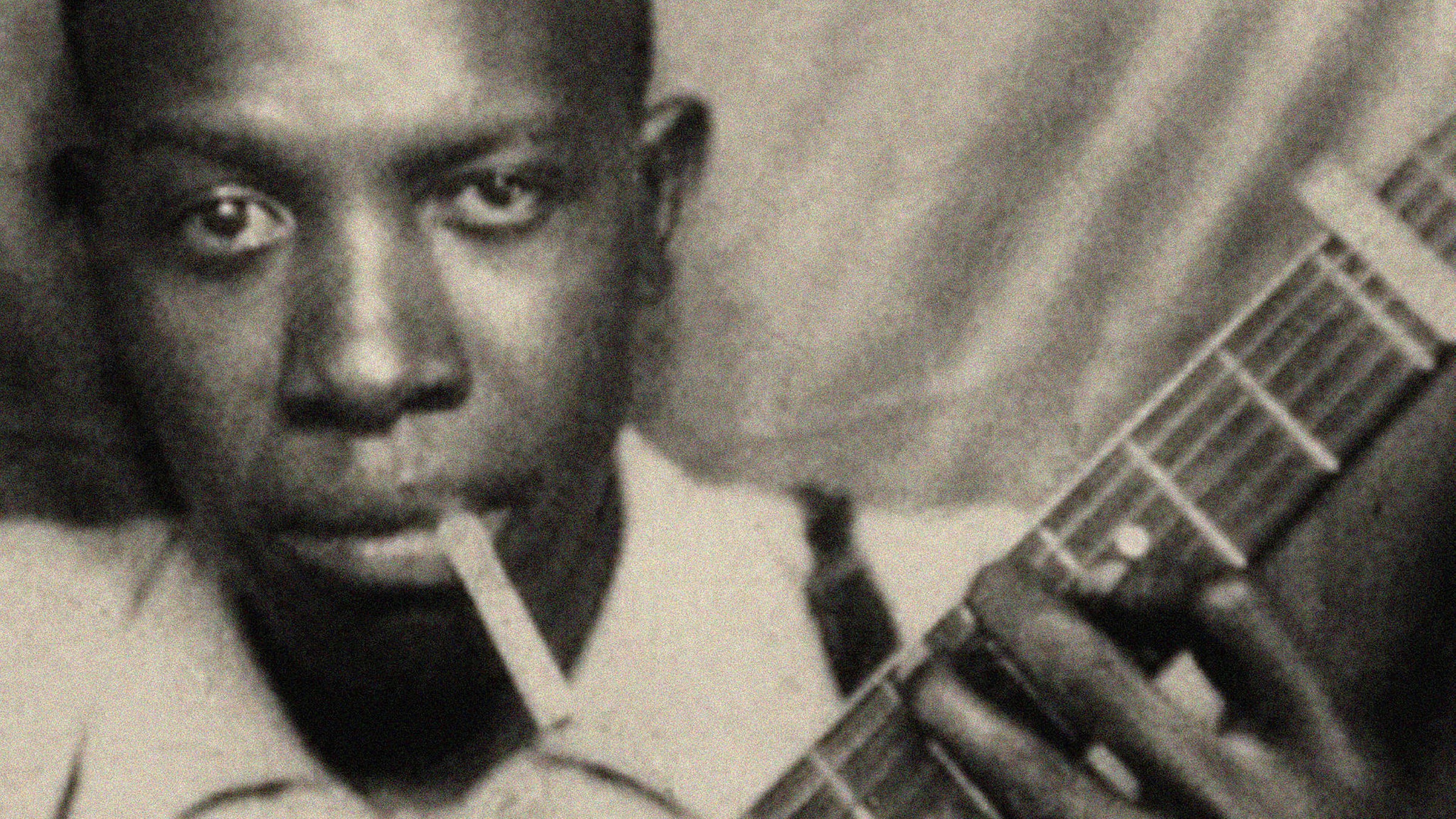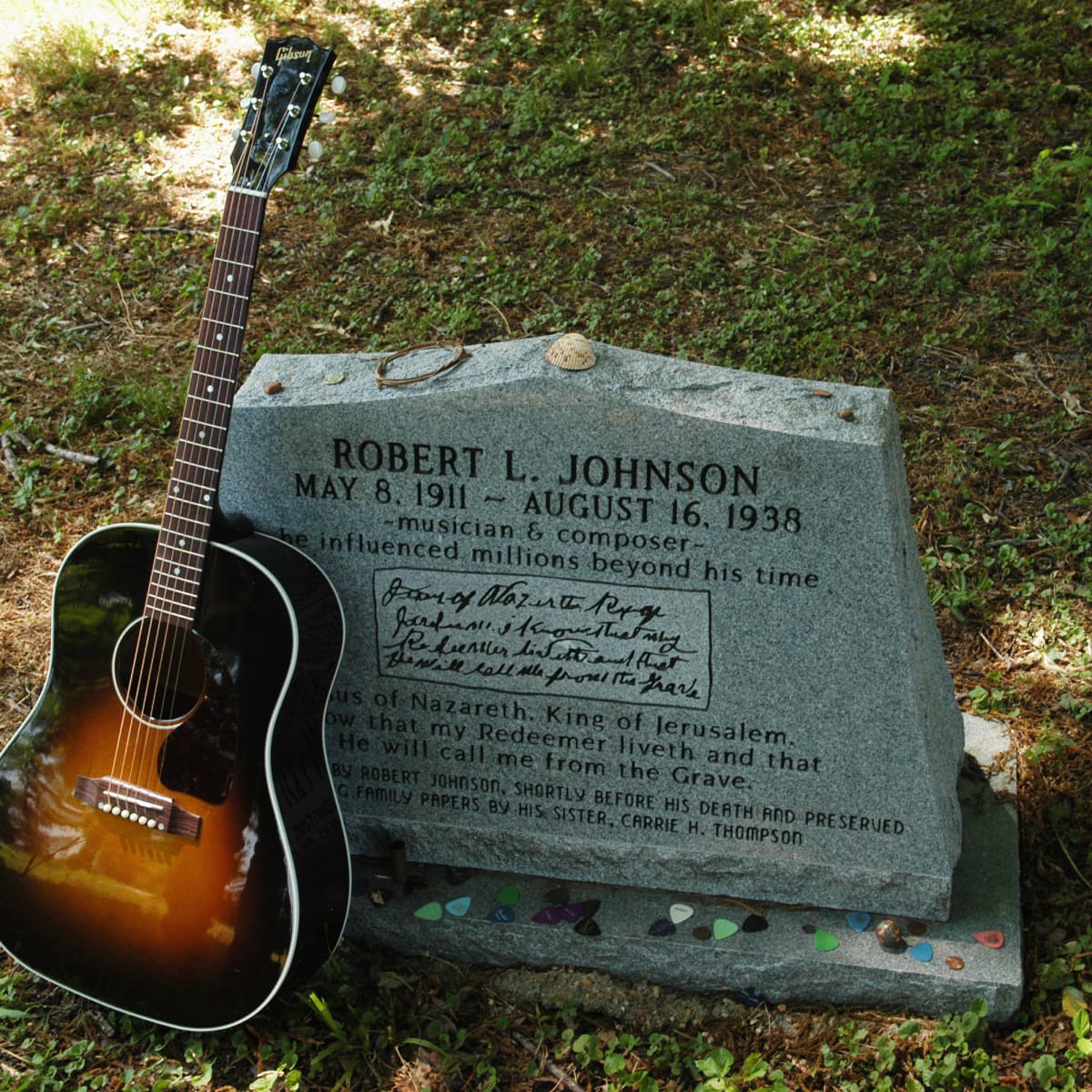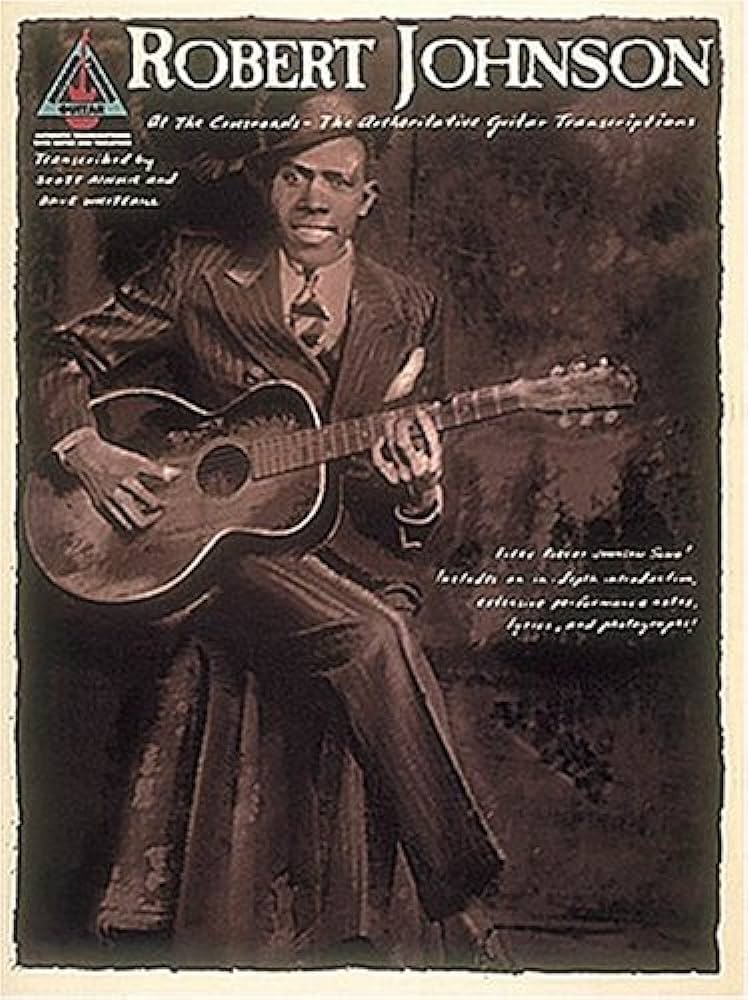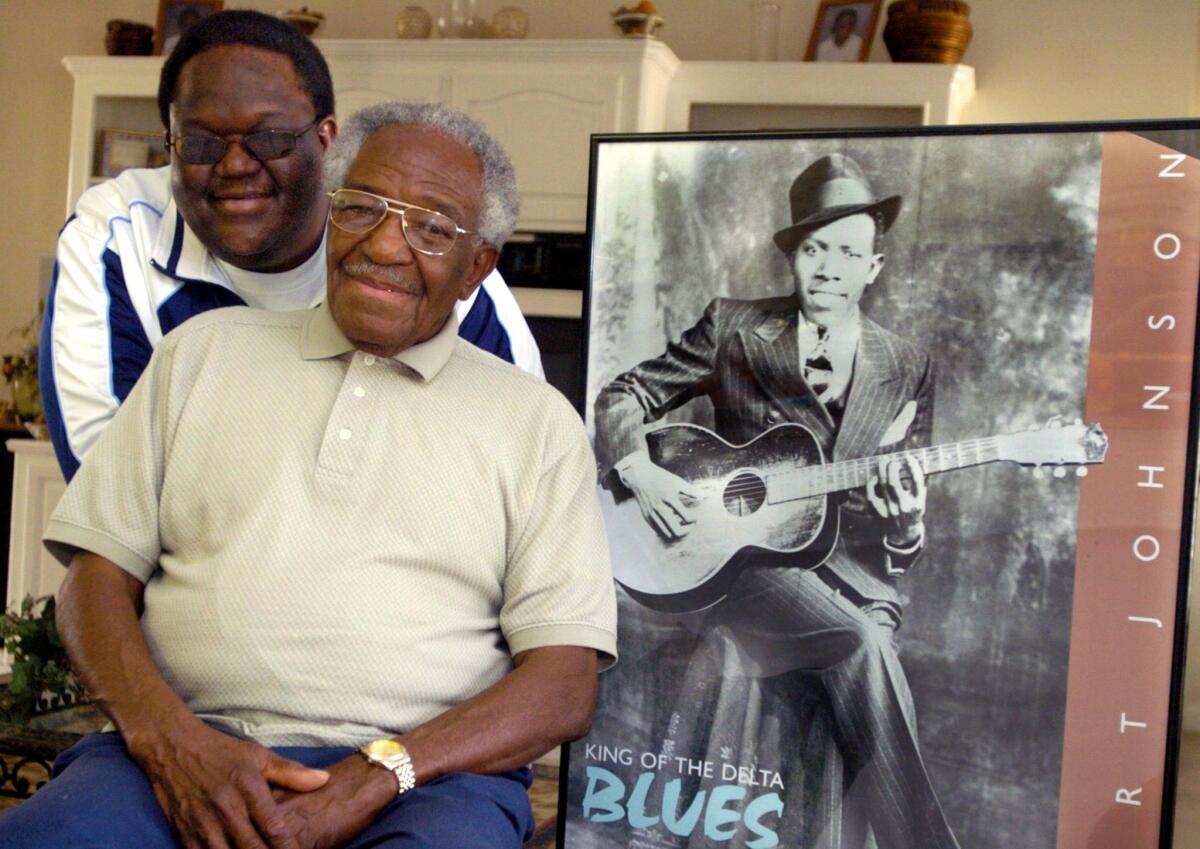Robert Johnson
Robert Johnson

Robert Leroy Johnson, born on May 8, 1911, left an indelible mark on the landscape of American music despite his brief life. His impact, particularly on the blues genre, reverberates through generations of musicians. In the span of just seven months, from 1936 to 1937, Johnson recorded a series of groundbreaking tracks that showcased his remarkable talent as a singer, guitarist, and songwriter. These recordings, produced in improvised studios during two recording sessions, form the cornerstone of his legacy.
Johnson's style, characterized by the raw emotion of Delta blues, captivated listeners and fellow musicians alike. His songs, released as 78 rpm singles, offered a glimpse into the soul of the Mississippi Delta where he honed his craft. Despite limited commercial success during his lifetime, Johnson's music resonated with a devoted following, laying the groundwork for his posthumous recognition as a musical pioneer.
Legend intertwines with reality in Johnson's story, adding layers of intrigue to his enigmatic persona. Tales of a pact with the devil at a crossroads have become intertwined with his legacy, contributing to the mystique surrounding his life and artistry.
It was not until decades after his untimely death on August 16, 1938, that Johnson's contributions received widespread acknowledgment. Albums like "King of the Delta Blues Singers," released in 1961, introduced his music to a broader audience, influencing artists across the globe. From Eric Clapton to Bob Dylan, musicians of diverse backgrounds have paid homage to Johnson's unparalleled talent and profound influence on the blues genre.
Scholars and filmmakers have delved into Johnson's life, piecing together fragments of his story to illuminate his enduring significance. Despite the challenges posed by scant historical records and conflicting accounts, the fascination with Johnson persists, fueled by a desire to unravel the mysteries surrounding his life and artistic genius.
Through recognition from institutions like the Rock and Roll Hall of Fame and Grammy Hall of Fame, Robert Johnson's musical legacy continues to be celebrated and cherished. His songs, his guitar licks, and his spirit endure, reminding us of the transformative power of music and the enduring legacy of a true musical icon.
Robert Leroy Johnson's life, born in Hazlehurst, Mississippi, around May 8, 1911, is shrouded in legend and mystery. His parents were Julia Major Dodds and Noah Johnson, although Julia later married Charles Spencer, leading Robert to take the Spencer surname for a time. His upbringing was marked by movement and change, as his family relocated between Memphis and various locations in Mississippi.
In Memphis, Johnson developed a deep appreciation for the blues, an interest that set him apart from many of his peers. His early education in Memphis afforded him opportunities not typically available to other blues musicians of his time.
Following his mother's remarriage to Will "Dusty" Willis, Johnson settled in the Mississippi Delta, immersing himself in the rich musical traditions of the region. He became known for his harmonica and jaw harp skills, laying the groundwork for his future musical endeavors.
The story of Johnson's life is intertwined with the legend of his pact with the devil, a myth that emerged from his rapid mastery of the guitar. Legends suggest that Johnson exchanged his soul for unparalleled musical talent, a narrative that adds to the mystique surrounding his legacy.
Johnson's personal life was marked by tragedy and turmoil, including the death of his first wife, Virginia Travis, shortly after childbirth. His subsequent marriage to Caletta Craft was also fraught with difficulty, culminating in her death in 1933.
Despite personal challenges, Johnson pursued his passion for music as an itinerant musician, traversing the Mississippi Delta and leaving an indelible mark on the blues landscape. His encounters with other musicians, including Son House and Ike Zimmerman, shaped his distinctive guitar style and further fueled the mystique surrounding his talent.
Robert Johnson's brief life was filled with hardship and legend, but his musical legacy endures as a testament to his unparalleled skill and influence. His contributions to the blues genre continue to resonate with audiences and musicians alike, ensuring his place as one of the most influential figures in American music history.
Robert Johnson's life between 1932 and his death in 1938 was marked by constant movement and musical exploration. He traveled extensively between cities such as Memphis and Helena, as well as smaller towns in the Mississippi Delta and neighboring regions of Mississippi and Arkansas. Johnson's journeys took him far beyond the Delta, accompanied by fellow musicians like Johnny Shines and Henry Townsend, who shared in his musical adventures.
Throughout his travels, Johnson formed relationships with various women and relied on the hospitality of his extended family and female friends. He often used different names and identities in different places, maintaining a degree of anonymity and mystery surrounding his persona.
Despite his transient lifestyle, Johnson's character left a lasting impression on those who encountered him. Described as well-mannered, soft-spoken, and somewhat enigmatic, he possessed a charm that endeared him to both audiences and fellow musicians. While he maintained a reserved demeanor in private, Johnson's onstage presence was captivating, characterized by his ability to connect with audiences and adapt his repertoire to suit their preferences.
In live performances, Johnson showcased his remarkable talent for picking up tunes quickly and pleasing crowds with a mix of original compositions and popular standards of the day, spanning genres beyond the blues. His ability to establish rapport with diverse audiences contributed to his enduring popularity and ensured that he remained a cherished figure in the communities he visited.
Robert Johnson's nomadic lifestyle and musical prowess continue to fascinate audiences and scholars alike, cementing his legacy as one of the most influential and enigmatic figures in the history of American music.
References
- Hill, Michael. "Robert Johnson". Rock and Roll Hall of Fame. Retrieved September 25, 2022.
- ^ LaVere 1990, p. 23, in essay by Eric Clapton.
- ^ Malt, Andy (May 12, 2020). "Robert Johnson Biography Takes Penderyn Music Book Prize". Completemusicupdate.com. Retrieved May 18, 2020.
- ^ Conforth & Wardlow 2019, p. 32.
- ^ Guralnick 1998, pp. 10–11.
- ^ Conforth & Wardlow 2019, p. 45.
- ^ "Abbay & Leatherman – Robinsonville". Mississippi Blues Trail. Retrieved September 25, 2018.
- ^ Guralnick 1998, p. 11.
- ^ Freeland, Tom (March–April 2000). "Robert Johnson: Some Witnesses to a Short Life". Living Blues. No. 150. p. 49. ISSN 0024-5232.
- ^ Wardlow & Komara 1998, p. 201.
- ^ Wald 2004, p. 107, quoting Robert Mugge's Hellhounds on My Trail: The Afterlife of Robert Johnson (2000).
- ^ Pearson & McCulloch 2003, p. 6.
- ^ Wald 2004, p. 108.
- ^ Jump up to:
- a b The Search for Robert Johnson (Film). 1992.
- ^ Pearson & McCulloch 2003, p. 7.
- ^ Pearson & McCulloch 2003, p. 94.
- ^ Guralnick 1998, p. 15.








































